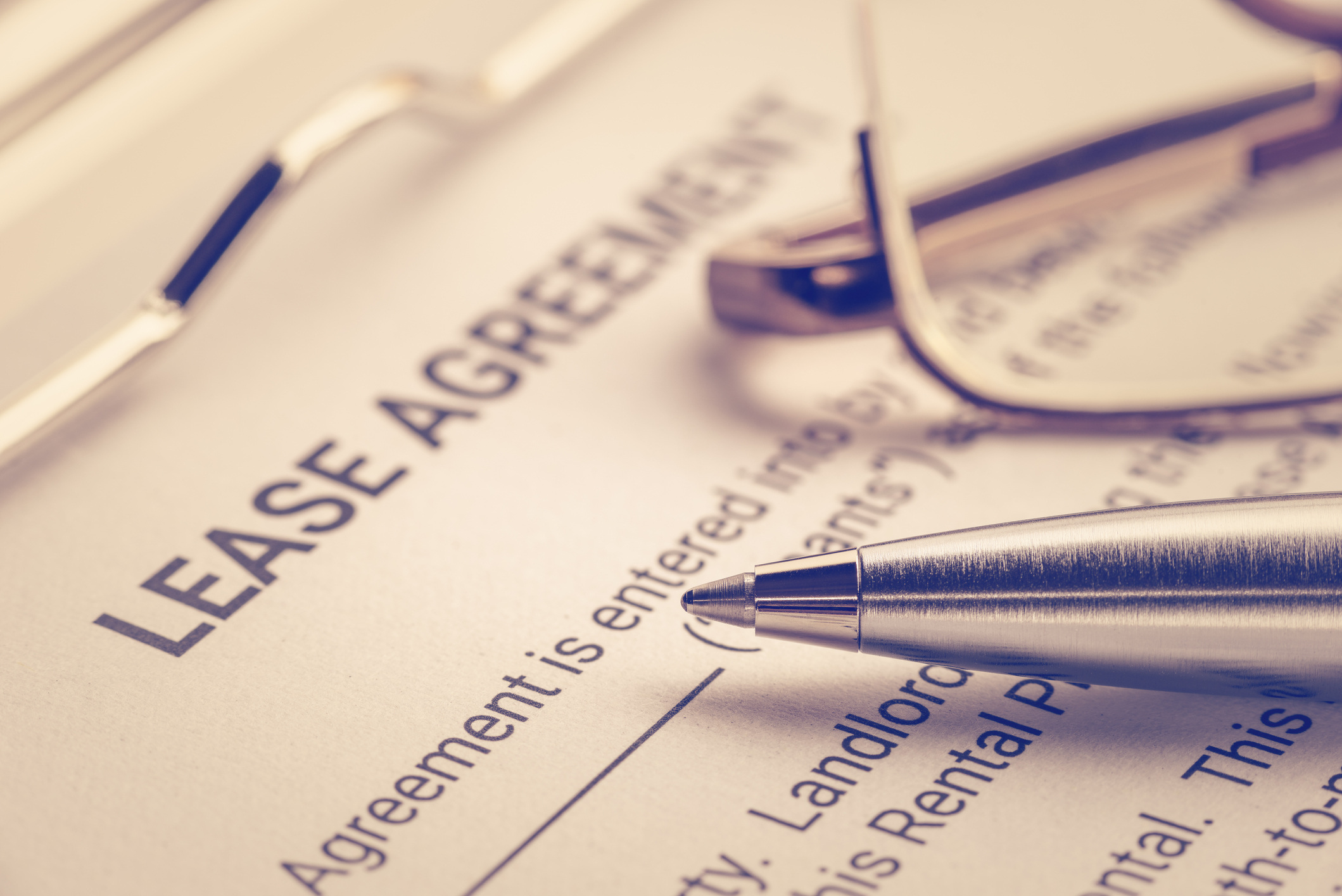Regularly passing on safety and security recommendations to residents is an essential practice for housing organizations, but one that isn’t always feasible on a day-to-day basis.
Annual rent recertification meetings provide the perfect opportunity to have a positive, risk management-focused conversation with residents, says Nick Mayo, senior risk control consultant at HAI Group.
What is rent recertification?
The rent recertification process is an annual meeting between property management and residents receiving rental assistance through the Section 8 Housing Choice Voucher Program. The U.S. Department of Housing and Urban Development requires that housing organizations conduct the recertification of family income and composition annually, at a minimum.
Interim recertification meetings may be held if a resident has changes in income or family composition between annual recertifications. To complete the recertification process, residents must sign consent forms and asset declaration forms.
“Take advantage of the annual rent recertification touchpoint between your property management team and residents by covering important risk management talking points,” Mayo said.
Below are a sampling of safety recommendations Mayo suggests reviewing with residents during the rent recertification process:
General unit safety tips for residents
Always
-
Report unsafe conditions or security concerns to staff.
-
Keep your unit clean and free of excessive clutter, waste, and storage.
-
Have the maintenance emergency contact number available in your unit.
-
Know your escape route and how to exit the building in case of an emergency.
-
Have a “grab and go” bag or supply kit available in case of an emergency evacuation.
-
Lock your unit door at night, during extended periods of rest, and upon leaving your unit.
-
Immediately notify the property manager if you lose your unit or building keys.
-
Know how to safely use all appliances within your apartment. All electrical appliances must be plugged into an approved outlet according to manufacturer recommendations.
Never
-
Let someone into your building you don’t know.
-
Make unauthorized copies of your unit or building keys.
-
Block exits or emergency escape routes.
-
Keep your door unlocked when you’re away or sleeping.
-
Let maintenance issues and safety concerns go unreported.
Fire safety 'Do’s and Don’ts'

• DO remain in the kitchen while cooking.
• DO keep a 3-foot radius around the stove clear of any combustible materials.
• DO follow all smoke-free guidelines and recommendations.
• DO know where the closest fire extinguisher and fire alarm pull station is located.
• DO notify property management immediately if you believe any of your smoke, heat, or carbon monoxide detectors are malfunctioning.
• DO have a conversation about fire safety and emergency exit strategy with your children, grandchildren, and visitors.
• DON’T tamper with or alter fire protection equipment (e.g., smoke and carbon monoxide detectors, sprinkler heads, etc.).
• DON’T cook in the kitchen when tired, drowsy, or under the influence of drugs or alcohol.
• DON’T remove covers from standpipe system risers or fire department connections.
• DON’T hang anything on a sprinkler pipe, sprinkler head, or water supply line.
• DON’T overload an electrical circuit with additional appliances.
• DON’T use an extension cord as a permanent means of electricity for an appliance or fixture.
• DON’T allow a fire extinguisher to be discharged unless there is a fire emergency.
Contact our Risk Control and Consulting team for more resources and answers to your housing organization’s risk-related questions.
Interested in Working With HAI Group? Our Account Services team is ready to assist you.
This article is for general information only. HAI Group® makes no representation or warranty about the accuracy or applicability of this information for any particular use or circumstance. Your use of this information is at your own discretion and risk. HAI Group® and any author or contributor identified herein assume no responsibility for your use of this information. You should consult with your attorney or subject matter advisor before adopting any risk management strategy or policy.
HAI Group® is a marketing name used to refer to insurers, a producer, and related service providers affiliated through a common mission, management, and governance. Property-casualty insurance and related services are written or provided by Housing Authority Property Insurance, A Mutual Company; Housing Enterprise Insurance Company, Inc.; Housing Specialty Insurance Company, Inc.; Housing Investment Group, Inc.; and Housing Insurance Services (DBA Housing Insurance Agency Services in NY and MI).







